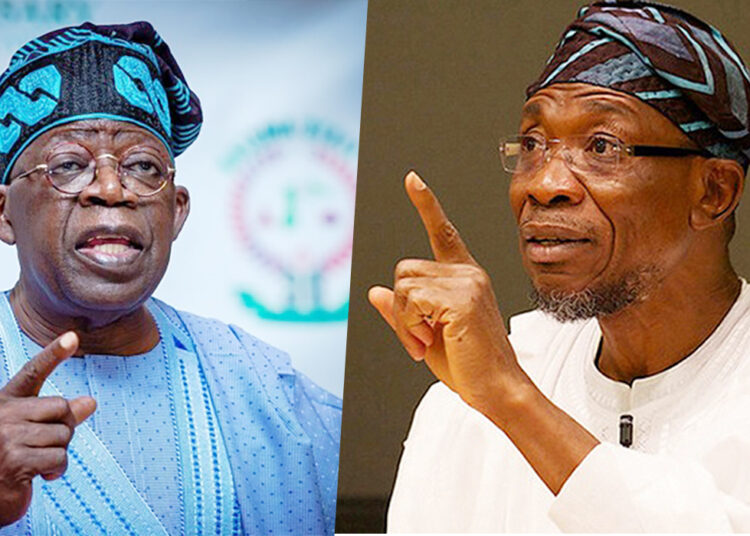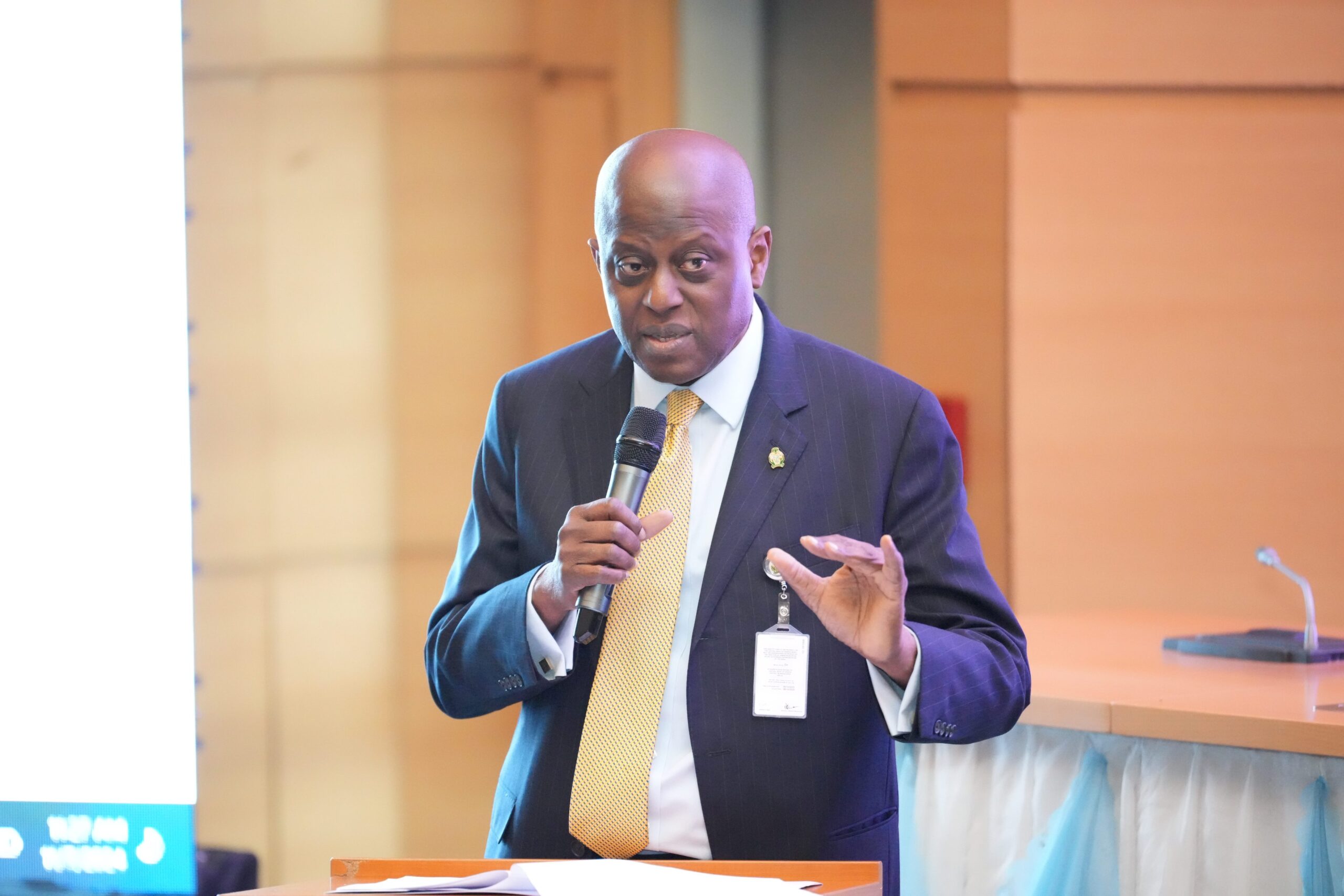•Country’s teledensity leaps by 1.03% as 5G network struggles
•Digital innovation to drive Africa’s payments revenue to $19b by 2029
Despite the poor quality of telephone services, occasioned by data depletion, failed top-up, unstable connectivity, among others, data consumption by Nigerians has continued on an upward swing.
Specifically, data consumption rose from 1,131,255.90 terabytes in July to 1,152,347.24 terabytes in August, according to the latest Subscription Statistics released by the Nigerian Communications Commission (NCC). Internet subscriptions across GSM, Fixed Wired, Wireless, and VoIP rose from 138.7 million to 140.3 million.
Unlike previous months, where there had been a drop in activation of new telephone lines amid rising data consumption, August showed a rebound in activations and reactivations as operators were able to unwrap some fresh 2.24 million lines. This activity pushed the figure from 169.3 million in July to 171.5 million a month after. This is the major increase in activation since the January 20, 2025, approved 50 per cent tariff hike by the Federal Government through the NCC to the operators.
The over 2.2 million new activations were largely from Airtel and MTN. Specifically, Airtel alone gained 1.5 million new subscriptions in the month under review, bringing its total active connections to 58 million from 56.5 million it recorded in July.
The largest operator in Nigeria, MTN, added 499,540 new subscriptions in August. The company’s total subscriptions stood at 89.6 million. Globacom also gained new subscriptions in the month as it added 173,244 new activations, which brought its total connections to 20.9 million from 20.7 million in July.
However, T2 (formerly 9mobile), saw no growth in the month as its active subscription number remained static at 2.7 million.
Further analysis of the data showed that with the new activations, the country’s teledensity leapt slightly by 1.03 per cent. It moved from 78.11 per cent to 79.14 per cent within a month.
Teledensity is the number of active telephone (landline or mobile) connections per 100 people in a specific area, expressed as a percentage. It serves as a measure of telecommunications access and infrastructure development, with higher teledensity indicating greater access to telephone services within a population.
While doubt still surrounds Nigeria’s 70 per cent broadband penetration target by December 2025, penetration rose slightly from 48.01 per cent in July to 48.81 per cent in August. Based on this, the country is still 21.19 per cent shy of the 2025 target as enshrined in the National Broadband Plan 2020 to 2025.
Meanwhile, real-time payments and digital innovation are expected to drive Africa’s payments revenue to $19 billion by 2029. This is even as global payments revenue is projected to grow to $2.4 trillion by 2029, according to new research from Boston Consulting Group (BCG).
While growth is expected to moderate to four per cent yearly over the next five years, the industry is undergoing a foundational reset as agentic AI, digital currencies, and fintech business models begin to shape the next wave of expansion.






